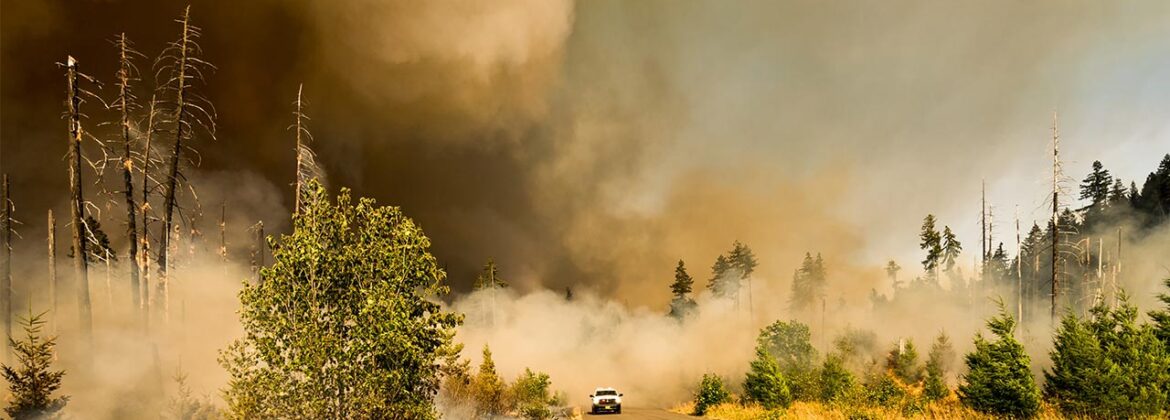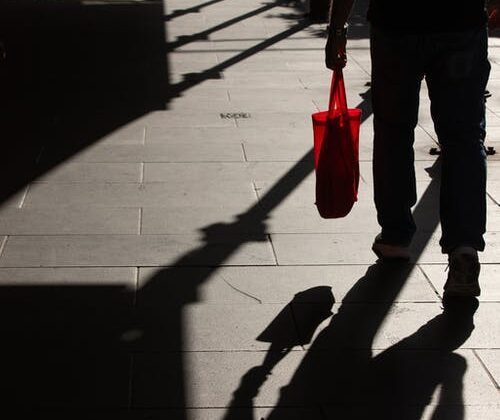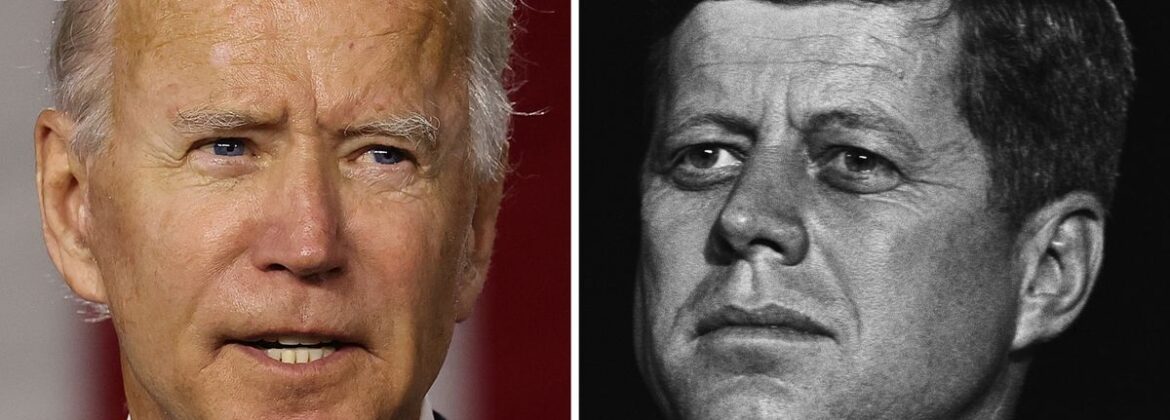Wildfire Community Preparedness Day is on May 1st, a day dedicated to campaigning and raising awareness on what to do if one appears in your neighbourhood. They are all too common around the world today. They stem from natural causes like forest drought and heat. They can appear quick, and spread faster. So, what can
- Allan Bonner Communication Management Inc.
- Login & Register
- Mon - Sat: 9.00am to 8.00pm





